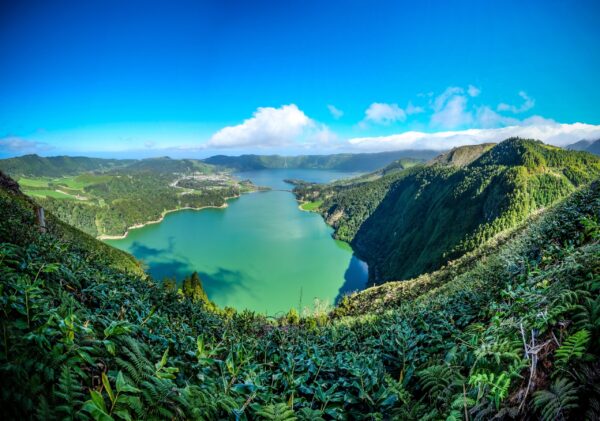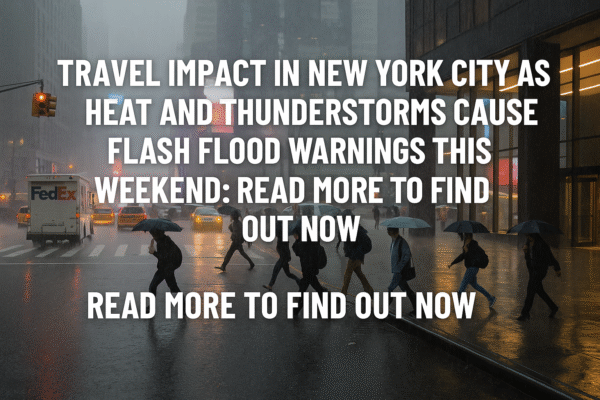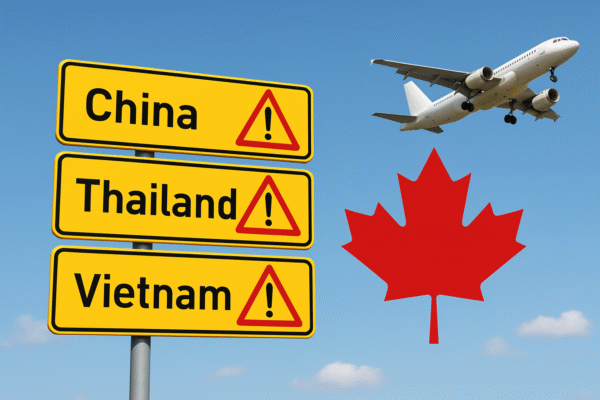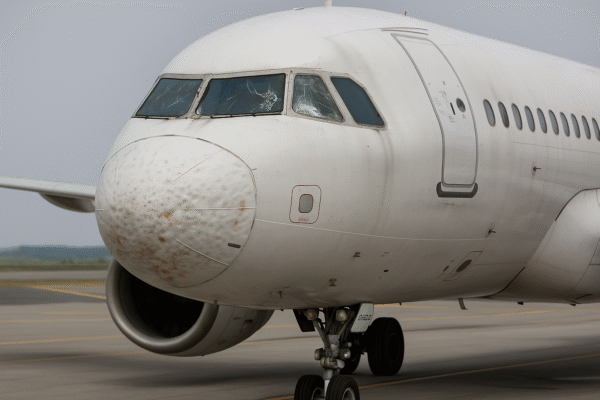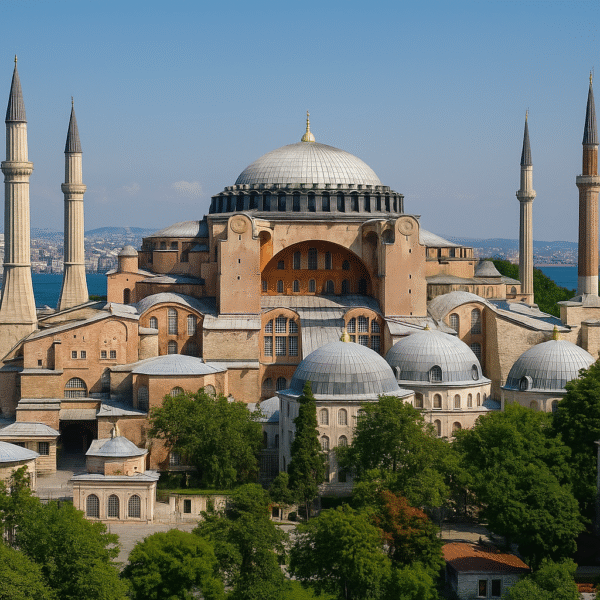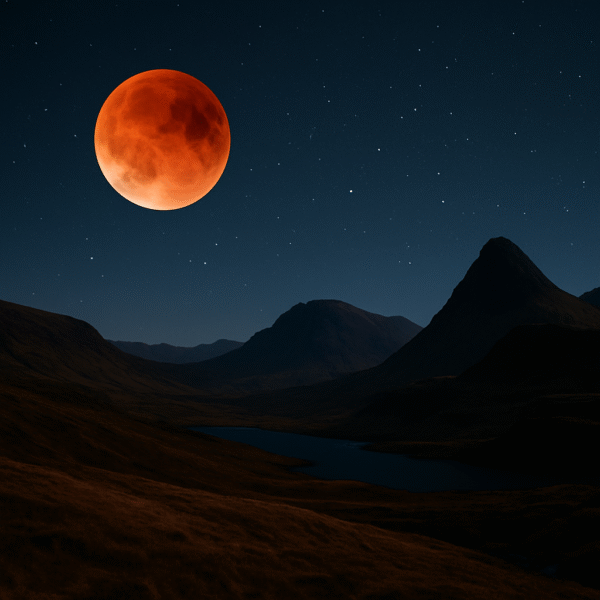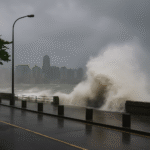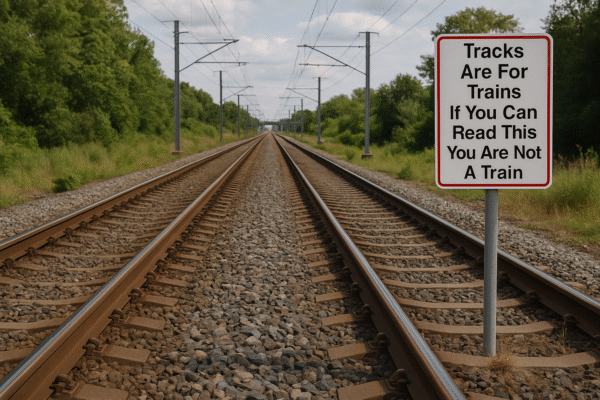Scotland to Welcome Global Astrotourism Surge During Rare September 2025 Lunar Eclipse
SCOTLAND – A breathtaking celestial event will unfold on the night of 7 September 2025, when a rare total lunar eclipse, commonly called a “Blood Moon,” will grace the skies above Scotland, the UK, Ireland, France, Germany, and parts of Canada and Japan. This astronomical phenomenon is poised to deliver a major boost to astrotourism in Scotland, with ripple effects across Europe and North America.
The dramatic transformation of the moon—from its silvery hue to a deep reddish glow—will result from sunlight refracting through Earth’s atmosphere. With its pristine dark-sky reserves and minimal light pollution, Scotland is uniquely positioned to become a prime destination for eclipse tourism, drawing both amateur stargazers and professional astronomers from around the globe.
Scotland’s Night Skies Set the Stage
Scotland boasts several internationally recognized dark-sky parks and observatories, including the Galloway Forest Park, known as the UK’s first Dark Sky Park. Other spectacular viewing locations include Luskentyre Beach in the Outer Hebrides, Ballageich Hill near Glasgow, and Conic Hill overlooking Loch Lomond. These remote, pollution-free regions offer unobstructed celestial views, making them perfect for viewing this rare cosmic display.
According to VisitScotland, promoting nightscape experiences aligns with their national strategy to disperse tourism more evenly across seasons and rural areas. The lunar eclipse offers an opportunity to showcase these tranquil, lesser-known locations while bolstering off-peak travel.
Economic and Cultural Benefits for Rural Scotland
The timing of the eclipse—just after summer tourism tapers off—presents a golden opportunity for rural Scottish communities. Lodges, B&Bs, local guides, and astronomy clubs are gearing up to host skywatchers, with booking platforms already reporting a rise in interest for September travel to dark-sky areas.
Historically, eclipse events across Germany, France, and Canada have shown measurable spikes in hotel occupancy, dining, and retail activity. In Canada’s eastern provinces, for example, partial eclipse visibility has already led to tour package launches centered around nature-based stargazing.
As astrotourism gains momentum in the UK and Europe, industry experts and environmentalists alike champion it as a low-impact, high-value form of travel that supports sustainable economic development. The UK government’s 2024 tourism resilience report emphasized the potential of such event-driven tourism to help stabilize seasonal employment and spread visitor numbers beyond major cities.
International Synergy: Eclipse Seen in Six Nations
This total lunar eclipse won’t be visible only in the UK. Large portions of Ireland, France, Germany, and Eastern Canada will also witness the phenomenon, albeit under varying degrees of visibility. In Japan, a nation where lunar lore and stargazing are deeply rooted in culture, the partial eclipse coincides with Tsukimi, the moon-viewing festival season.
With direct flights linking Scotland to European and North American hubs, the eclipse weekend aligns with growing demand for purpose-driven short-haul travel. Tour operators in Ireland, just a ferry ride away, are already marketing stargazing trips to the Scottish Highlands as part of curated eclipse-viewing experiences.
Community-Driven Astronomy Events
Scottish communities are rising to the occasion. Local councils, in collaboration with community observatories like those in Dundee and Stornoway, are planning inclusive activities including:
- Guided eclipse viewings with telescopes
- Educational workshops for schools and families
- Talks by astronomers and cultural historians
- Citizen science projects involving night-sky photography
The Scottish Dark Sky Observatory in Ayrshire, though damaged in a fire in 2021, has inspired numerous local initiatives that continue to thrive. These low-cost, educational events not only democratize access to science but offer mental health and community cohesion benefits, according to Public Health Scotland.
Global Trend, Local Impact
Scotland’s alignment with global astrotourism trends couldn’t come at a better time. According to the World Tourism Organization (UNWTO), nature-based and astronomical travel are among the fastest-growing travel segments post-pandemic. Their 2025 Global Sustainable Travel Forecast highlights events like eclipses as key to regenerating rural travel economies.
By promoting events like the September 2025 lunar eclipse, Scotland joins countries such as France, where the Parc national des Cévennes has become a stargazing haven, and Germany, whose Eifel National Park hosts regular night-sky festivals.
In Japan, lunar-related tourism ties into centuries-old traditions, and agencies like Japan National Tourism Organization (JNTO) have actively promoted celestial tourism to international audiences.
Preparing for a Night to Remember
With clear skies expected in many parts of Scotland during the eclipse night, VisitScotland encourages travelers to plan early, pack warm gear, and consider joining organized events rather than venturing solo into rural areas. Safety, education, and local support are key themes underpinning this historic opportunity.
For Scotland, this is more than just an astronomical event—it is a moment to reflect, reconnect, and reimagine tourism’s role in celebrating our shared universe.
Conclusion
On 7 September 2025, Scotland and its skies will serve as a portal to both the cosmos and a brighter tourism future. As the Blood Moon rises, so too does a new model of sustainable, story-rich travel—rooted in community, wonder, and the enduring magic of the night sky.
For more travel news like this, keep reading Global Travel Wire




